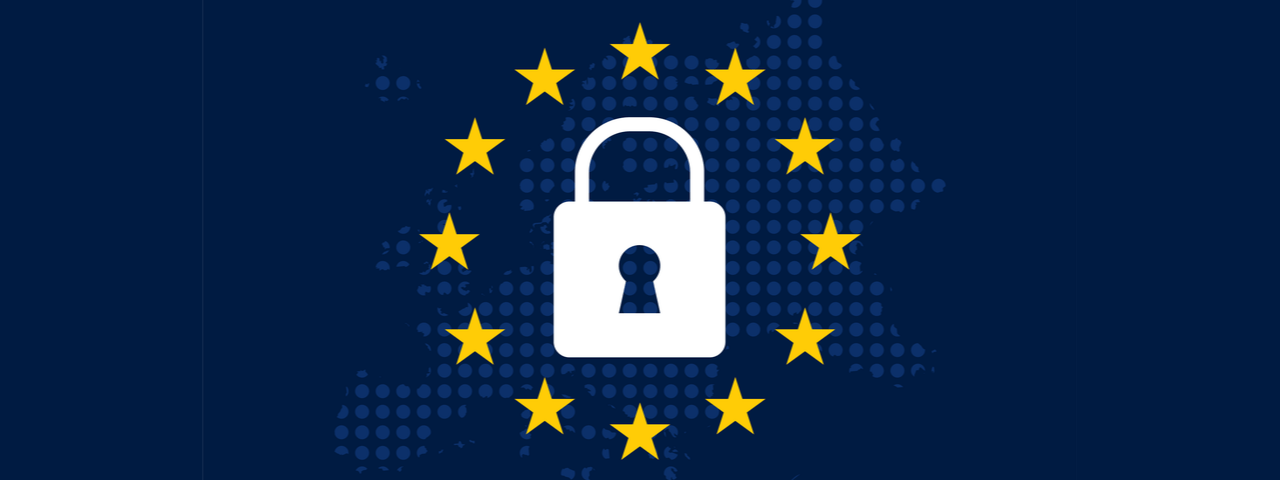A Country Divided? With Data Privacy, Not So Much
If you aren't aware, a massive ongoing debate is being waged between student-athletes, state legislatures, and the National Collegiate Athletic Association. As part of being a member of the NCAA, student-athletes have historically been barred from profiting off of their own likeness-- something that the NCAA believes will tarnish the amateur nature of college athletics. It's been a hotly contested debate, with student-athletes feeling that they should have a part in the billions of dollars they generate the NCAA, and the NCAA itself obviously seeking to maintain the status quo in the name of preserving "the integrity of the game." In 2019, however, state legislatures have entered the fray, and may be turning the tide in a bipartisan effort to return the control of likenesses to the players. In a similar general information trend, legislative acts like GDPR and CCPA are returning data to the hands of data creators. The question of information ownership and data privacy is being asked on all fronts.
The amazing part of all of this has been the truly bipartisan nature of the legislative actions taken on behalf of the student-athletes. Traditionally progressive states like California have garnered most of the media attention, with California's SB 206 serving as the trendsetting bill, but traditionally conservative states like South Carolina and Ohio have introduced similar legislation as well. In the past week alone, we've seen bills pop up in "Nevada, New Mexico, Ohio, Pennsylvania... Minnesota... South Carolina, New York, Illinois and Florida." More states are likely to follow. This very closely follows the model set by the passage of CCPA-- the California bill is the standard bearer, but many states of diverse political backgrounds are soon to join. With that kind of popular support, it's clear that this kind of legislation has been coming for a long time.
Returning Data to the Data Creator
The trend of returning data to the data creator is part of a worldwide change in belief regarding data privacy. Rather than remain at the mercy of overarching governing bodies, it seems that people quite simply just want to control their own data. It's become a mostly general consensus that society desires to return power to the creator, and it is becoming clear that lawmakers view the student-athlete likeness debate in a similar light. With that said, it's not so easy.
As we've discussed before, unstructured data is hard to classify, yet comprises some 80% of the data produced. Likeness should fall into that category. Of course it's a no-brainer that student-athletes want the control of their own likenesses. Wouldn't you? This is the kind of common sense that's driving the legislative agenda regarding data as a whole. The writing is on the wall: society feels that it should control the data it produces. It follows that student-athletes would want the same.
Complications arise here though when it comes to what people are willing to give up in order to be a part of a digital society. I'm a digital marketer-- I'd be stupid to say that the amount of data left online doesn't help me. Any business worth it's stuff knows that too, which begs the question of what sacrifices we'll have to be willing to make to participate. Should consumers know what data is being gathered? Absolutely. Will they have to offer some of that data willingly to participate in a digital society? Yes. Likewise, giving players their likeness rights is probably overdue, but it's going to open up a world that we haven't experienced before, where those likeness rights may have to be sacrificed for participation. That doesn't mean the legislation isn't worth pursuing. We'll just have to consider the answers to questions that haven't been asked before.
Conclusion
The situation with the NCAA is coming to head sooner rather than later, and the push for data privacy is no different. People want to be in charge of what they produce, and legislative bodies are showing that they agree. Despite the massive political divide in this country, these bills are passing easily, further illustrating that self-controlled data is long overdue. With that said though, it's not cut and dry. Your business needs data to be optimized, and somewhere along the way, customers will have to consent to that if they want an optimized customer service experience. As your business begins the process of compliance with legislation like GDPR and CCPA, keep in mind that this isn't just a trend-- it's a complete adoption of ideals. When you start to see it reflected in sports, it's clear: the culture is changing. People want to take back their data, and it appears that they're going to do something about it. That leaves us with unprecedented questions to answer about what kind of data we're willing to give up in an increasingly digital society.



